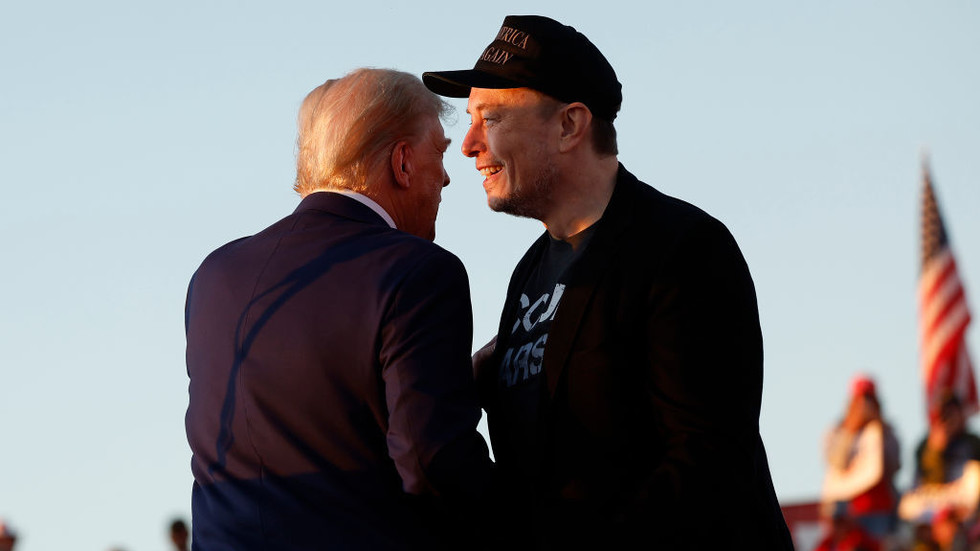Elon Musk, the owner of SpaceX, has positioned government regulations as a significant hindrance to the ambitious goals of space exploration. This viewpoint has recently come to light during a campaign rally where former President Donald Trump reaffirmed his commitment to reaching Mars during his potential second term in office. Trump publicly declared that should he win against Vice President Kamala Harris in the next election, SpaceX’s Elon Musk would spearhead the mission to the Red Planet, and he even went so far as to promise that the U.S. would be ahead of other nations, such as China, in this endeavor. The rally took place in Butler, Pennsylvania, a notable location given its history tied to Trump’s past trials, making the announcement all the more dramatic as Trump laid out a sweeping list of campaign promises.
During his initial presidency, Trump actively engaged in the space race, issuing executive orders directing NASA to focus on returning humans to the Moon with a subsequent goal of sending them to Mars. In 2019, he saw the establishment of the Space Force as a crucial step toward securing America’s military and exploratory presence in space, which drew criticism from various sectors for purportedly pushing military interests into a domain typically associated with scientific exploration. Nonetheless, Musk has maintained a vision for making humanity a “multiplanetary” species, showcasing his long-standing ambition to colonize other worlds, particularly Mars.
As part of his commitment to this vision, Musk has continually pointed to the bureaucratic red tape as a significant obstacle for SpaceX’s projects. He has voiced his frustrations regarding delays linked to regulatory approvals, stating that the time associated with obtaining government permissions significantly surpasses the actual time spent on designing and building the rockets. Just recently, Musk highlighted this issue when the Federal Aviation Administration (FAA) postponed a test launch of the SpaceX Starship due to environmental concerns, openly expressing worry that such regulations could thwart efforts to achieve the colonization of Mars. He took to social media to rant about the length of the process and called for reform, arguing that it poses a direct threat to America’s leadership in space technology.
Musk’s frustrations are emblematic of a broader conversation about the relationship between government regulations and the burgeoning space industry. By his assessments, the regulatory challenges faced by private companies like SpaceX could stifle innovation and slow down progress. Musk argues that a more streamlined regulatory landscape is essential not only for SpaceX’s ambitions but for the United States’ position as a leader among nations in space exploration, emphasizing the need for a balance that fosters progress without compromising environmental standards and safety measures.
Trump has proposed aggressive deregulation measures, expressing a desire to eliminate significantly more regulations than have been imposed. His assertive stance includes a promise to abolish at least ten existing regulations for every new one that might be introduced. This promise aligns closely with Musk’s criticisms, suggesting that if elected, Trump would prioritize a more favorable environment for space exploration initiatives. Both figures see an opportunity for the U.S. to regain and maintain its edge in the international space race, regardless of the existing challenges posed by regulatory factions.
In summary, the potential collaborative efforts between Elon Musk and Donald Trump raise important questions about the future landscape of space exploration and the delicate balance between fostering innovation and adhering to necessary regulations. As Trump places a strong emphasis on deregulation in his campaign, it remains to be seen whether this will indeed lead to accelerated progress in space exploration or, on the other hand, result in compromised safety and environmental stewardship. The coming election and subsequent policy formation will serve as a pivotal moment in determining the trajectory of American space ambitions and its rivalry with international powers.

